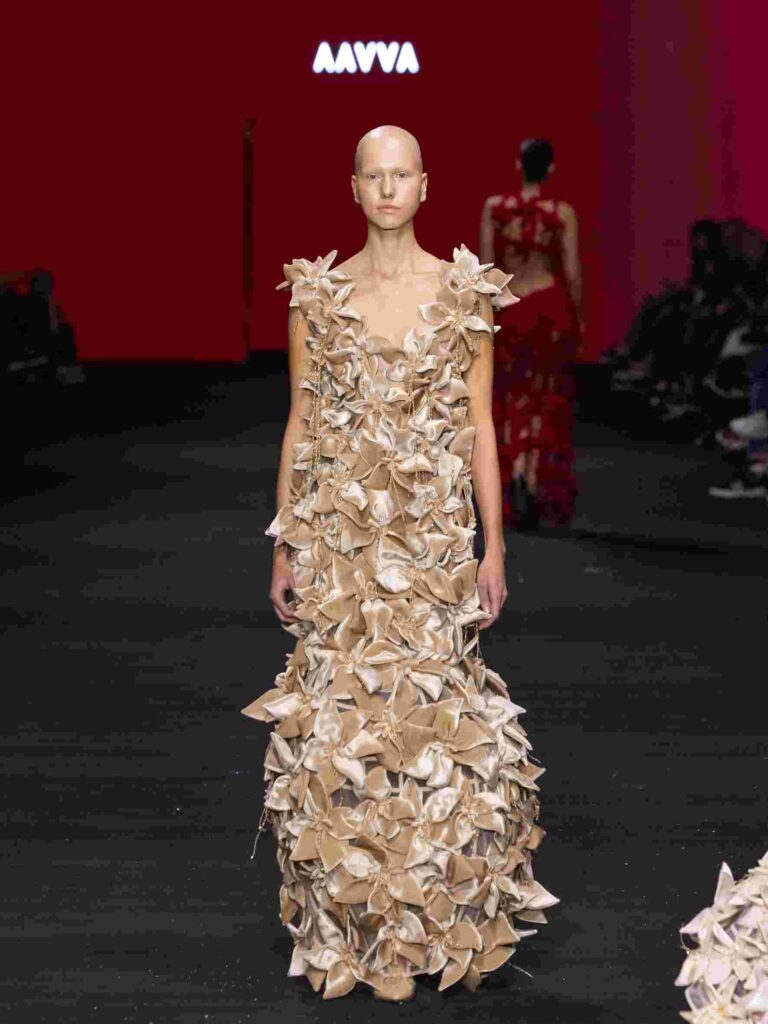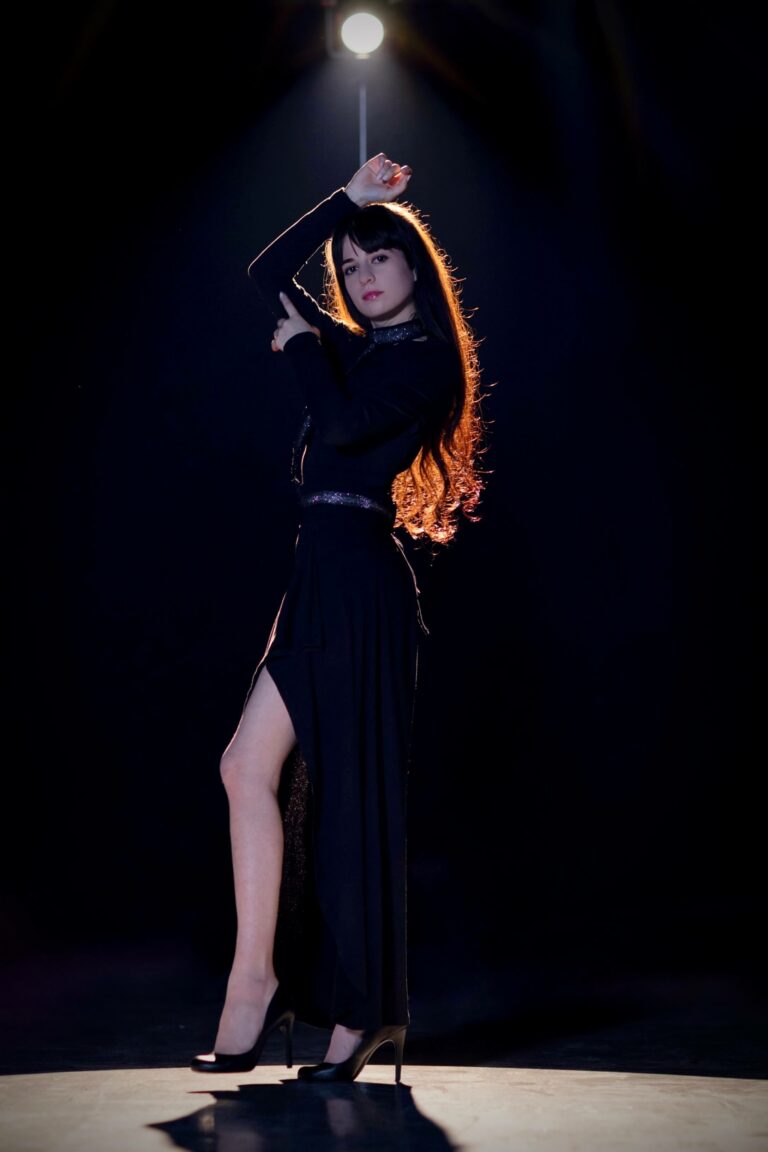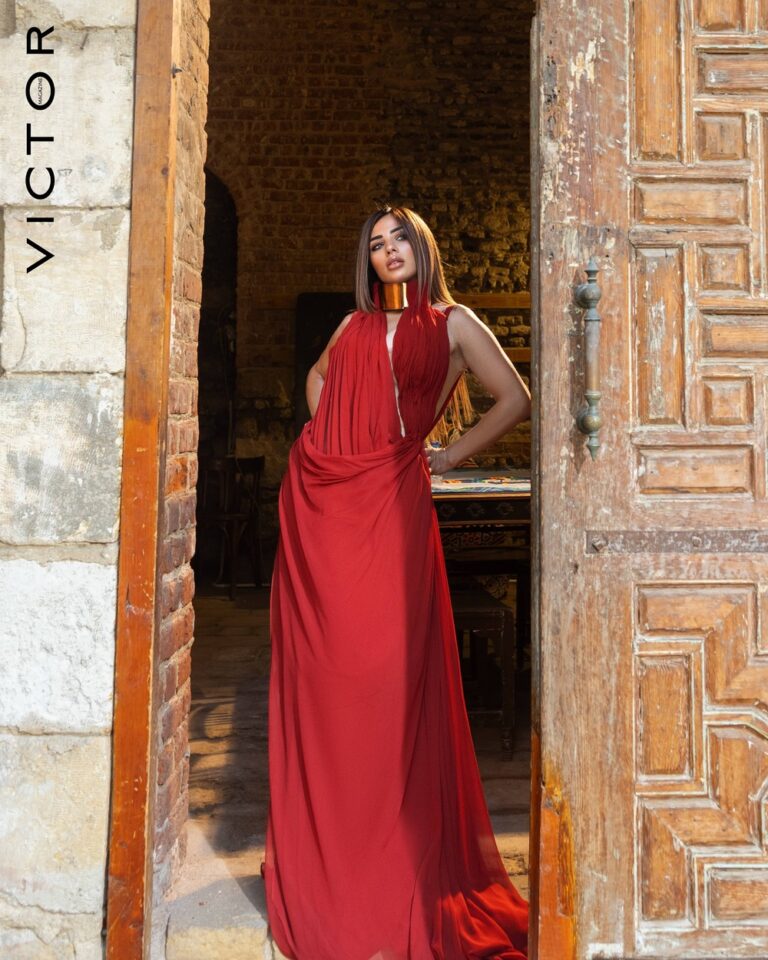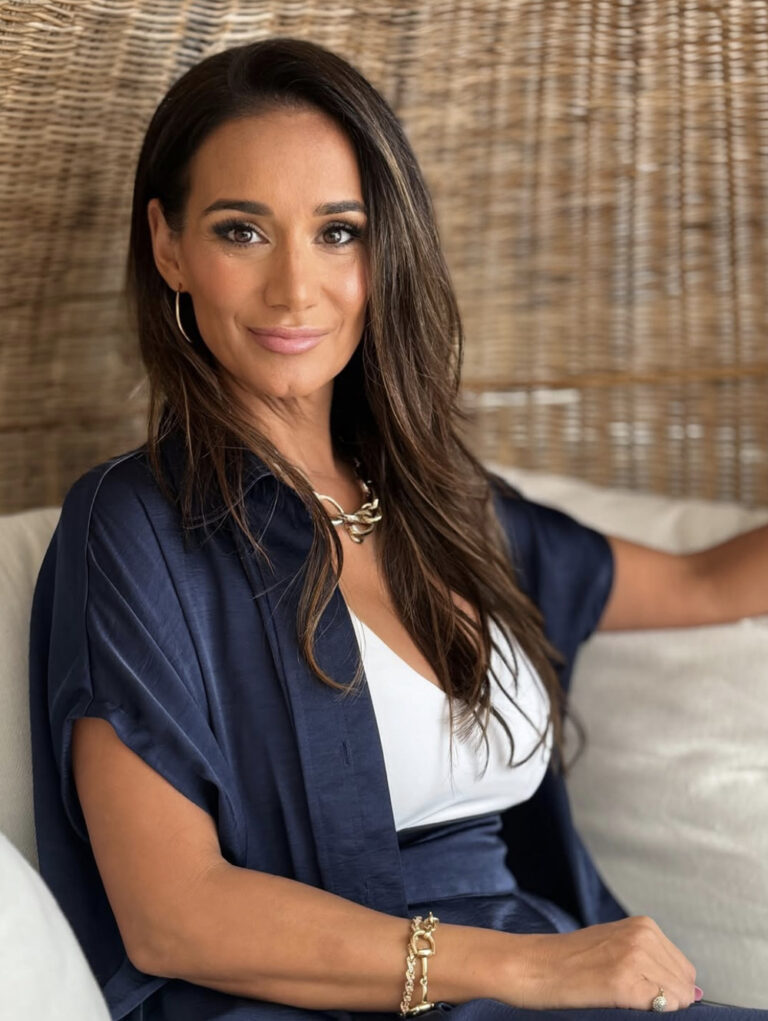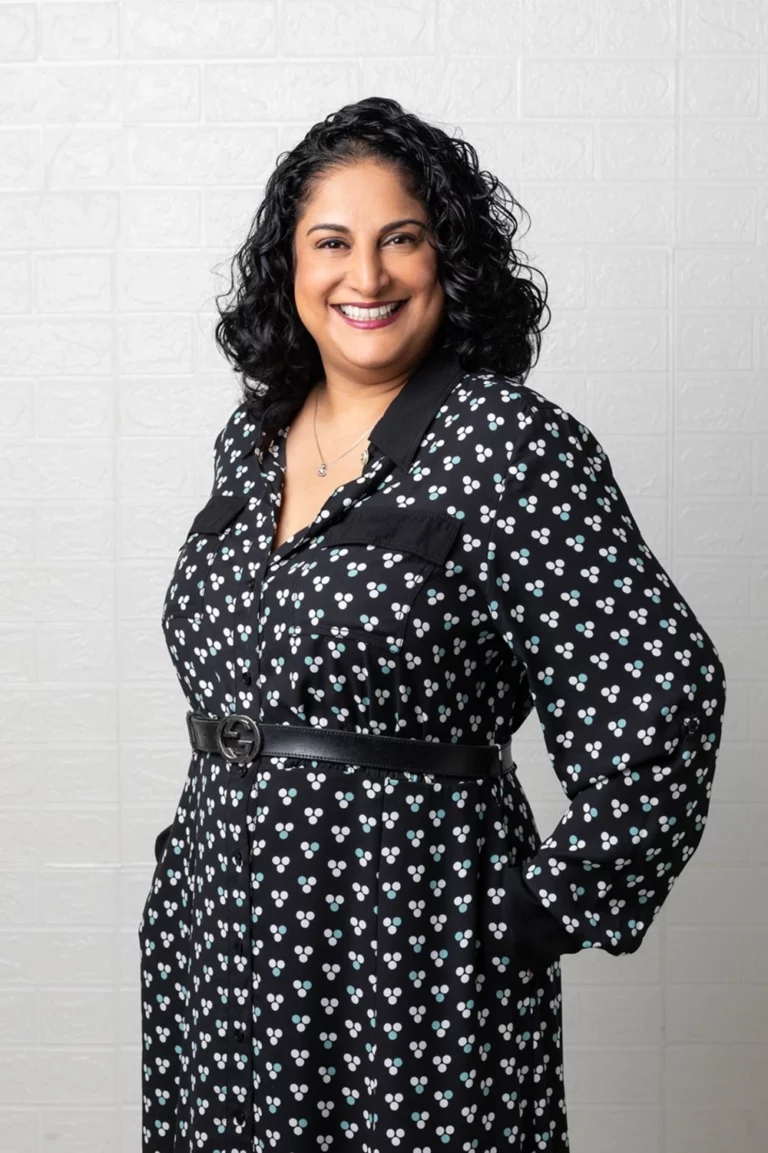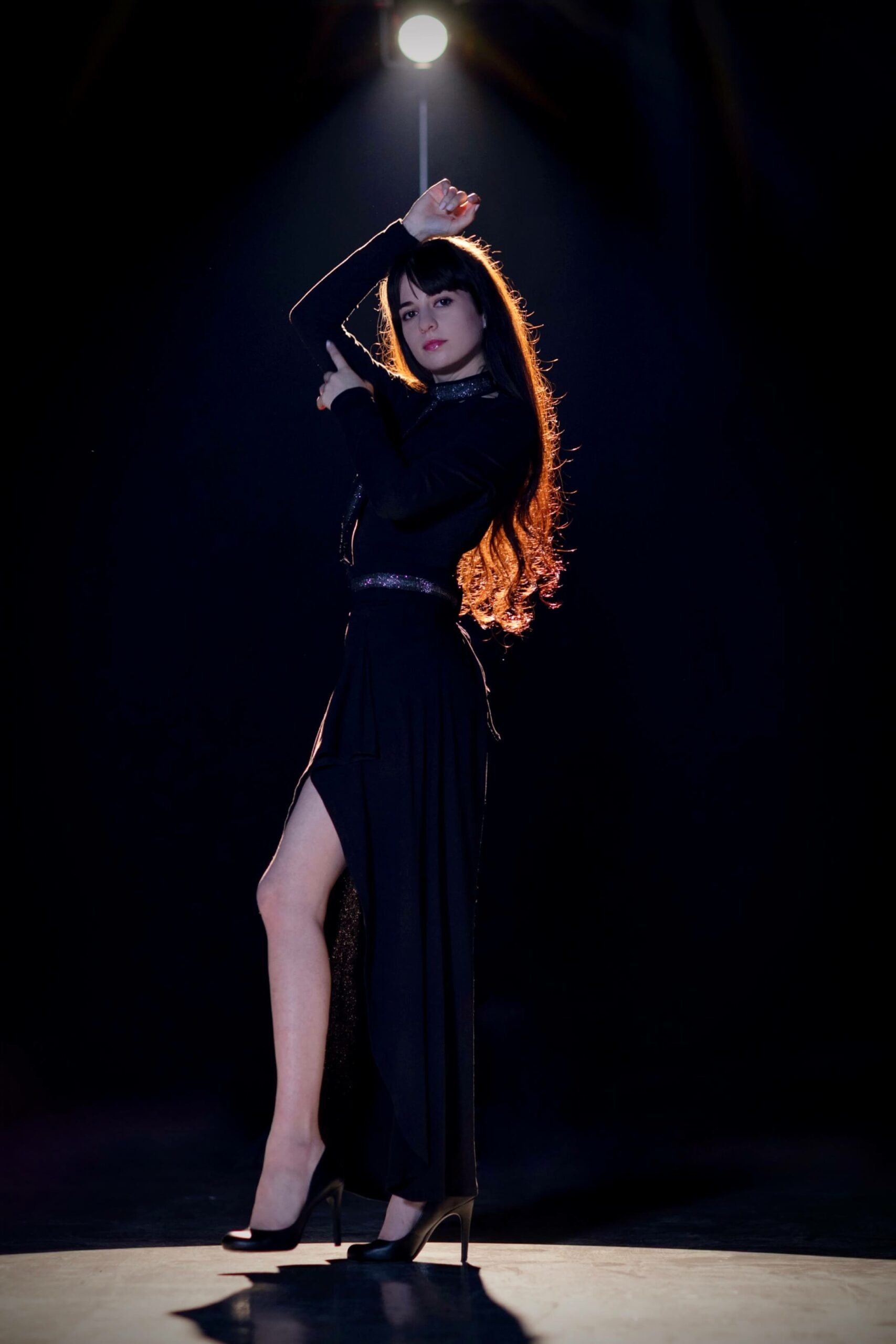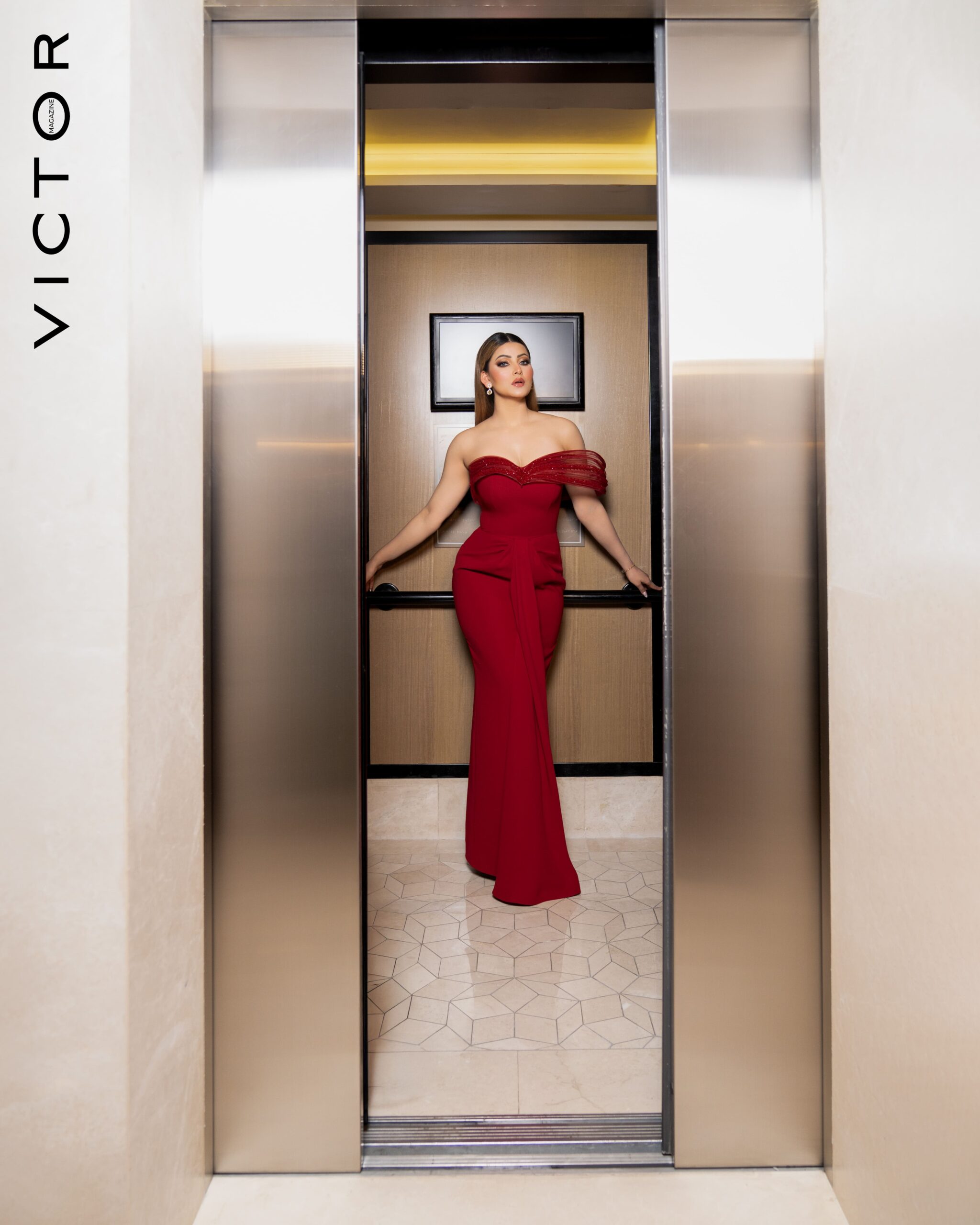
Angie Azzar: Blending Heritage and Modernity in Music
Martin Victor Al Masri
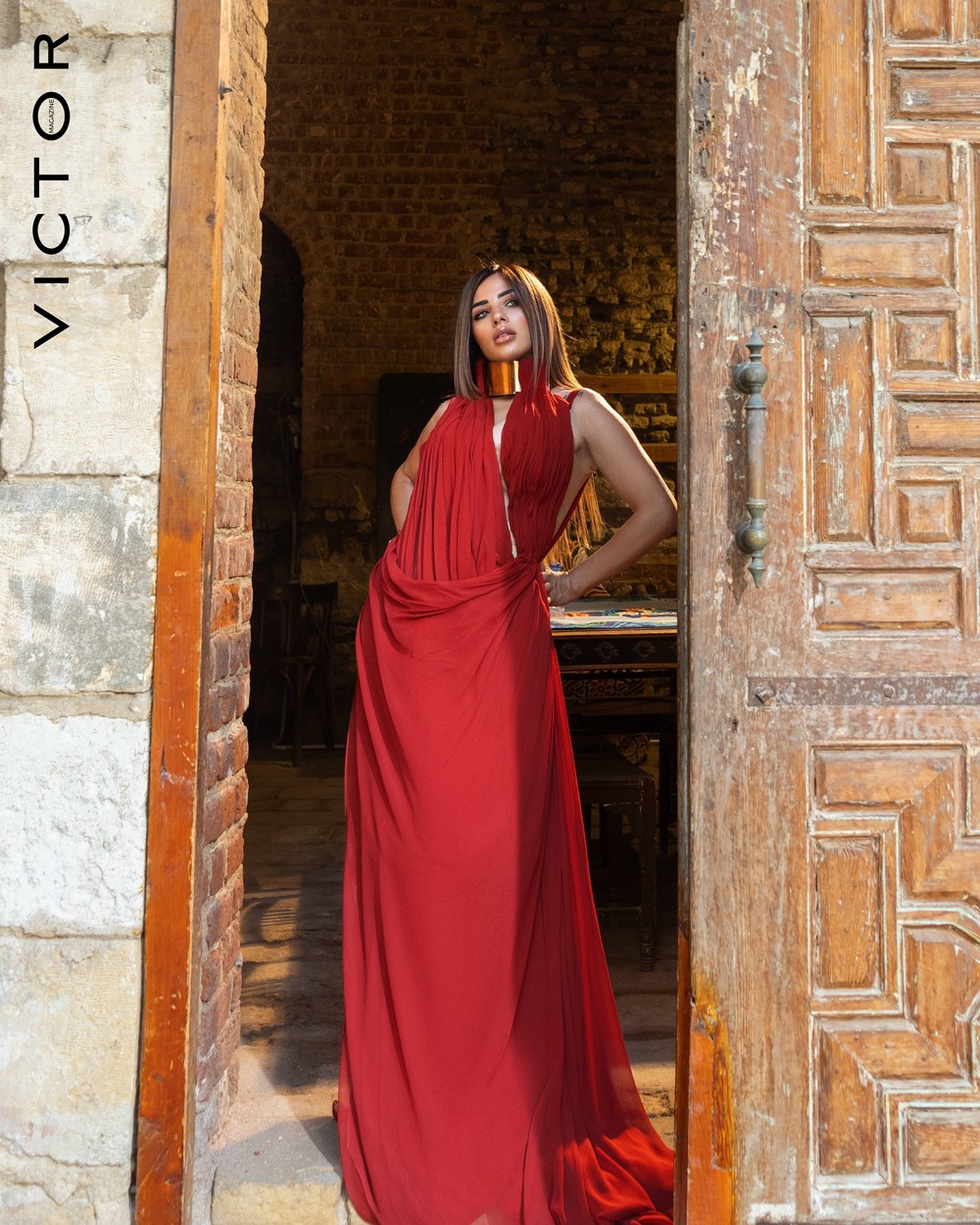
Angie Azzar is an emerging Egyptian artist whose passion for singing began at an early age. Music has always been her dream, and she recently brought it to life with her debut single “Yomma Ya De’ayali”, written in the Upper Egyptian dialect as a tribute to her roots. With her authentic voice and strong cultural connection, Engy is now preparing to release her second single, “Salma Ya Salama”, a fresh interpretation of Dalida’s iconic song. This step marks her ambition to blend heritage with modern artistry, while introducing her unique identity to a wider audience.
1. Angie, you mentioned that music has been a dream since you were very young. Can you tell us about a specific moment or person from your childhood in Egypt that ignited this passion for singing?
Growing up in Egypt, I was surrounded by music at every celebration ,family gatherings, weddings, even simple evenings at home. One memory that stands out is hearing my mother play old records of Abdel Halim Hafez and Umm Kulthum. I didn’t just listen, I felt the music deeply, and that feeling stayed with me. It was then I
realized singing wasn’t just something I loved, it was a calling.
2. Your debut single, “Yomma Ya De’ayali,” is written in the Upper Egyptian (Sa’idi) dialect. Why was it so important for you to pay tribute to your roots with your very first release?
Starting with ‘Yomma Ya De’ayali’ in Sa’idi was my way of saying, ‘This is where I come from.’ Our dialect holds emotion, history, and identity. I wanted my first release to reflect my roots unapologetically and connect listeners to a sound that feels both personal and ancestral.
3. In a global music scene, choosing to sing in a specific regional dialect is a powerful statement. How do you believe your use of the Sa’idi dialect shapes your unique artistic identity?
The Sa’idi dialect gives my music a distinctive flavor. It immediately tells people who I am and where I come from. In a world of globalized sounds, having a unique cultural voice is my strength. It allows me to stand out and honor my heritage while creating something fresh.
4. Your upcoming single is a reinterpretation of Dalida’s legendary “Salma Ya Salama.” What drew you to this particular classic, and how does your version honor the original while bringing something new to the audience?
Dalida was a pioneer who brought Egyptian and French music to the world. ‘Salma Ya Salama’ has always been one of my favorite songs because it celebrates homecoming and cultural pride. My version keeps the spirit of her classic but adds modern instrumentation and fresh arrangements to connect with today’s audience.
5. Walk Victor Audience through your creative process. When you decide to take on a song, how do you approach arranging and producing it to blend that heritage sound with a modern touch?
Every song starts with a story. I first connect emotionally with the lyrics—what do they say, and how do they feel? Then, I work closely with my producers to blend traditional instruments like oud or tabla with modern beats and arrangements. The goal is to honor heritage while making it relevant for today.
6. As an emerging artist bringing a culturally rich sound to the forefront, what has been your biggest challenge so far, and what has been your most rewarding breakthrough?
One of the biggest challenges has been staying true to my cultural sound while appealing to a wider audience. But the breakthrough came when I realized that authenticity is what connects people the most when I sing in my dialect, listeners feel the honesty, even if they don’t speak the language.
7. Beyond the classics you’re reinterpreting, who are the artists—either from the Arab world or internationally—that have influenced your vocal style and artistic vision?
I’ve been inspired by legends like Umm Kulthum and Fairuz for their emotional depth, Dalida for her crossover style, and internationally by artists like Céline Dion and Adele, who know how to tell a story through song. They’ve all shaped my vocal approach and artistic vision.
8. You’re part of a new wave of artists redefining Egyptian music for a new generation. Where do you see the sound of modern Egyptian music heading, and what role do you hope to play in that evolution?
I see Egyptian music becoming more diverse blending tradition with global sounds, yet keeping its identity intact. I hope to be part of the wave that bridges generations, showing that our heritage can live in harmony with modern innovation.
9. Your music has a strong emotional and cultural core. What is the primary feeling or message you hope listeners take away from your songs?
Above all, I want my music to make people feel connected to their roots, to their emotions, to their memories. Whether it’s pride, nostalgia, or joy, I want every song to carry a piece of home and heart.
10. With two powerful singles setting the stage, what can your fans anticipate from you next? Are there plans for an EP or album, and perhaps live performances?
Fans can expect more music that celebrates culture while exploring new sounds. I’m working on an EP that tells my story through different moods and rhythms, and I can’t wait to bring it to life on stage with live performances very soon.
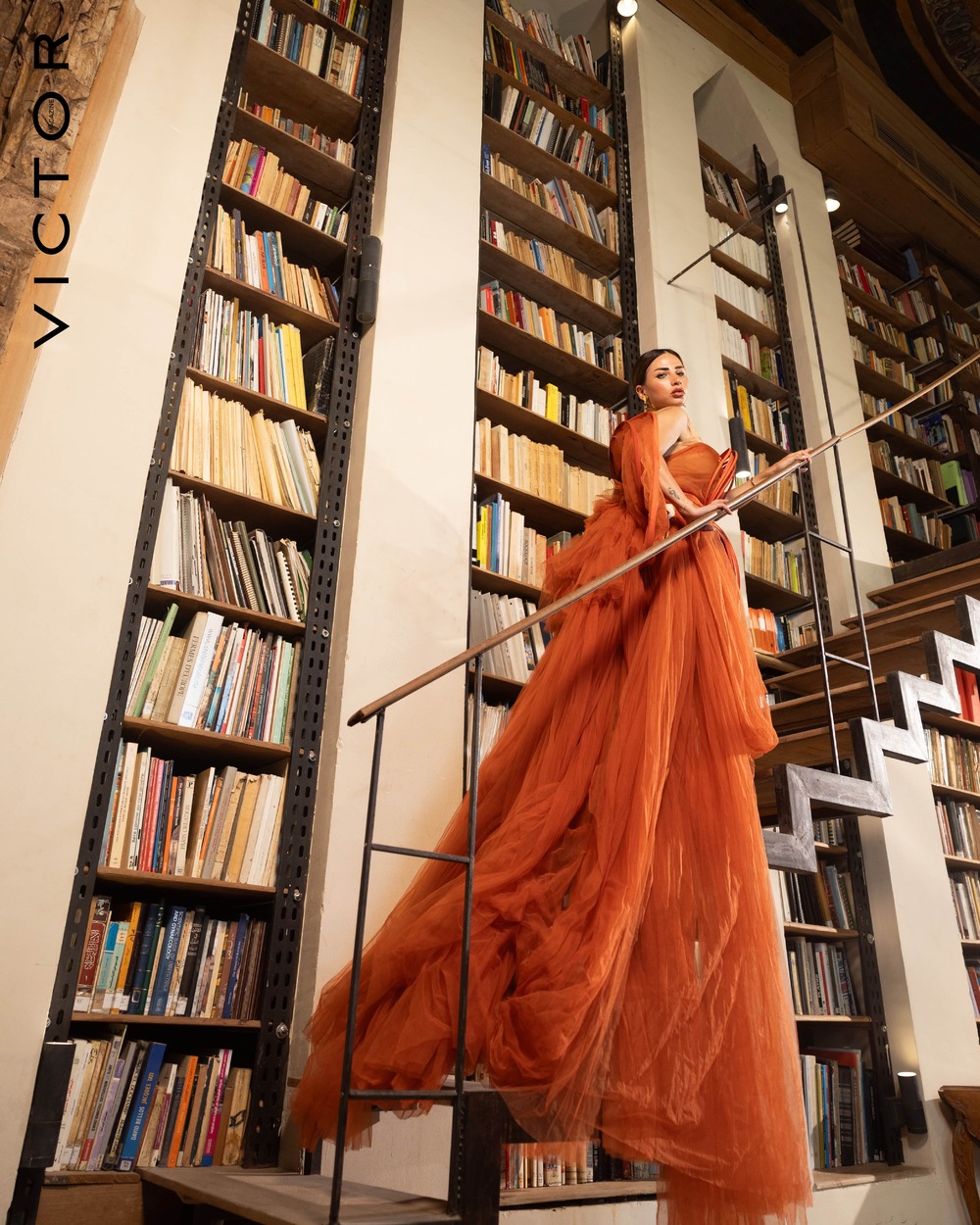
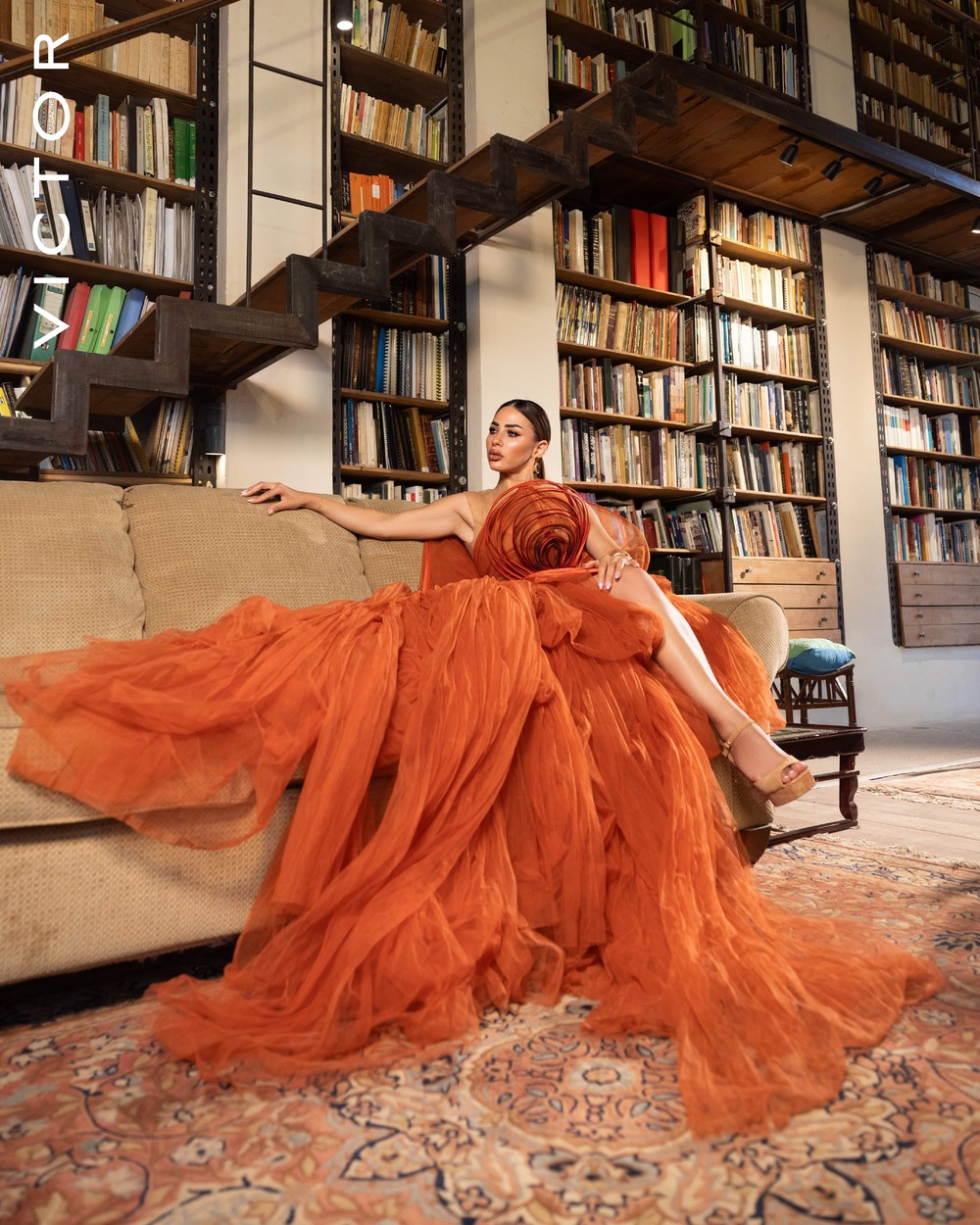
By Author

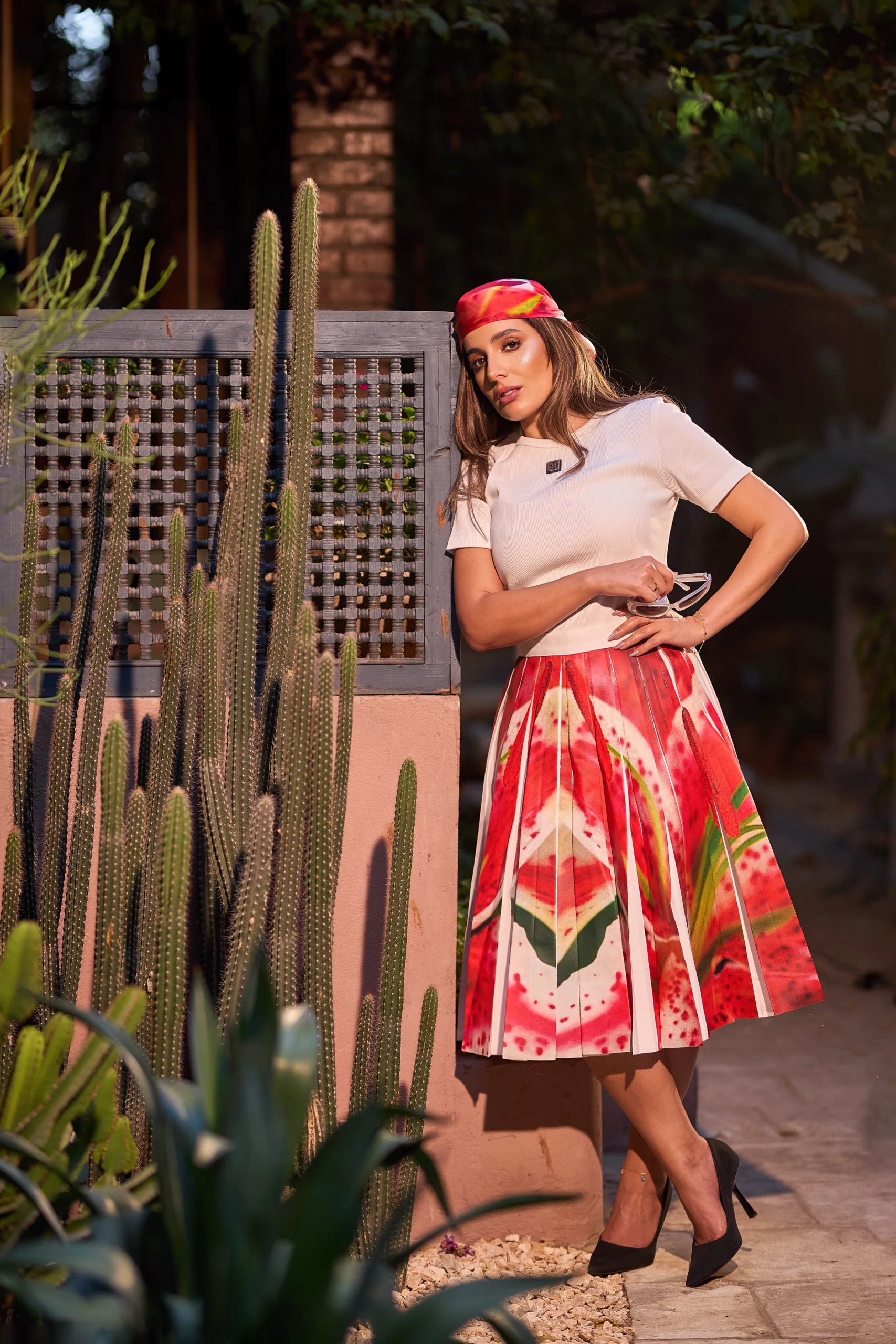
The Grand Screen Dreams: An Intimate Conversation with The Rising Star Eman Al Hussaini
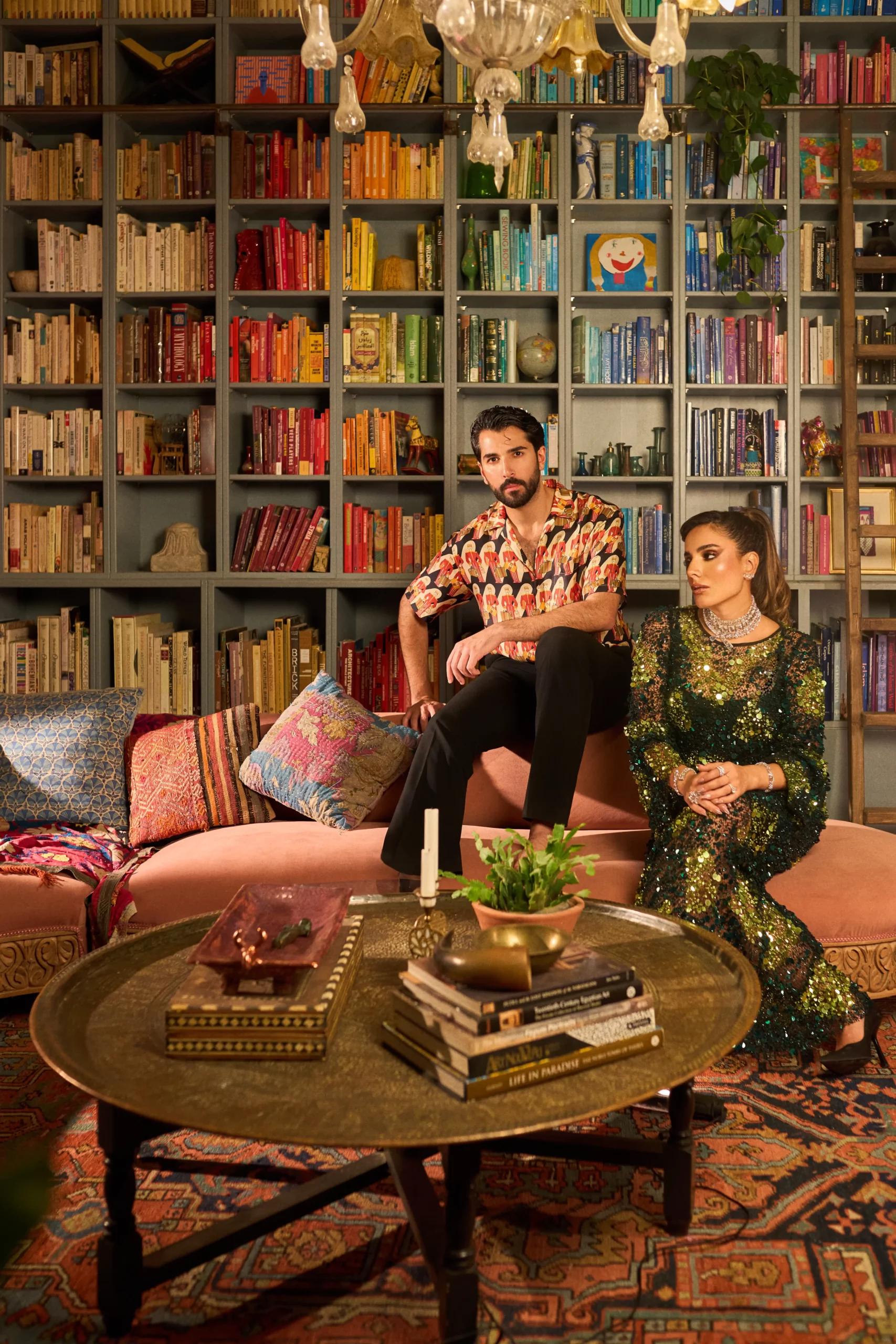
Musaed Al Saqer and His Immortal styles
no related post found
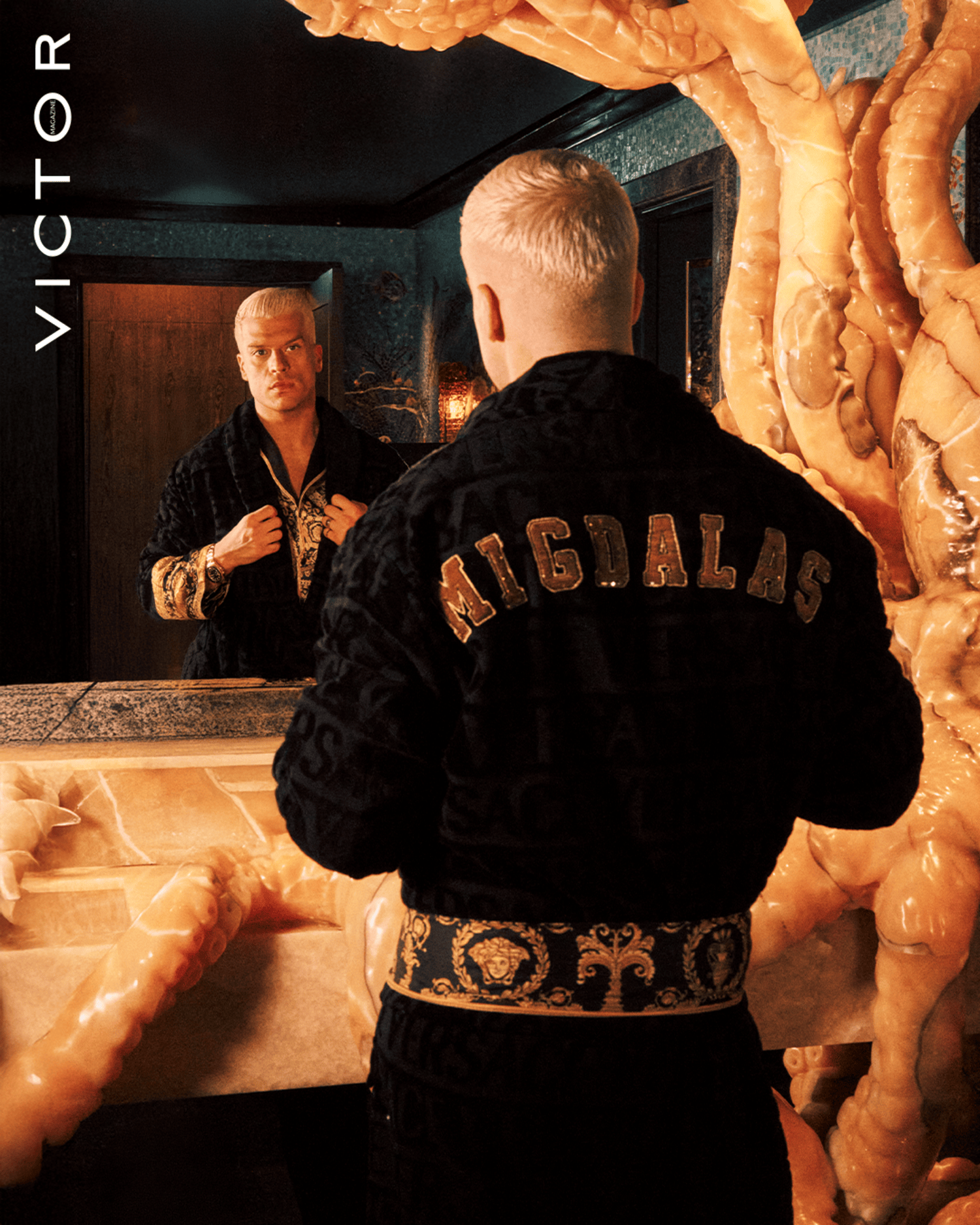
Beyond the Expected: John Migdalas on Today’s Luxury
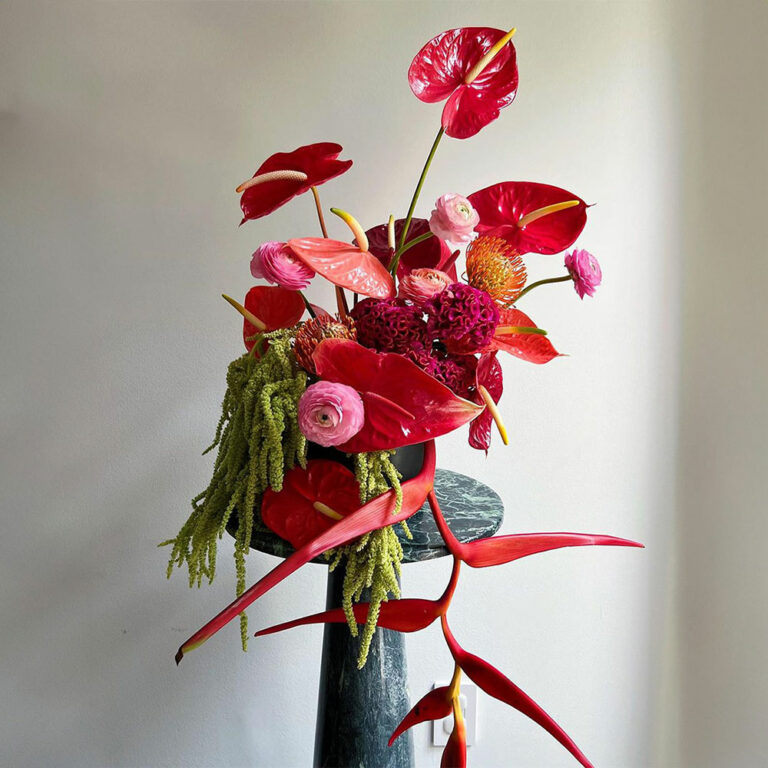
“Flowers are our favorite F word!”
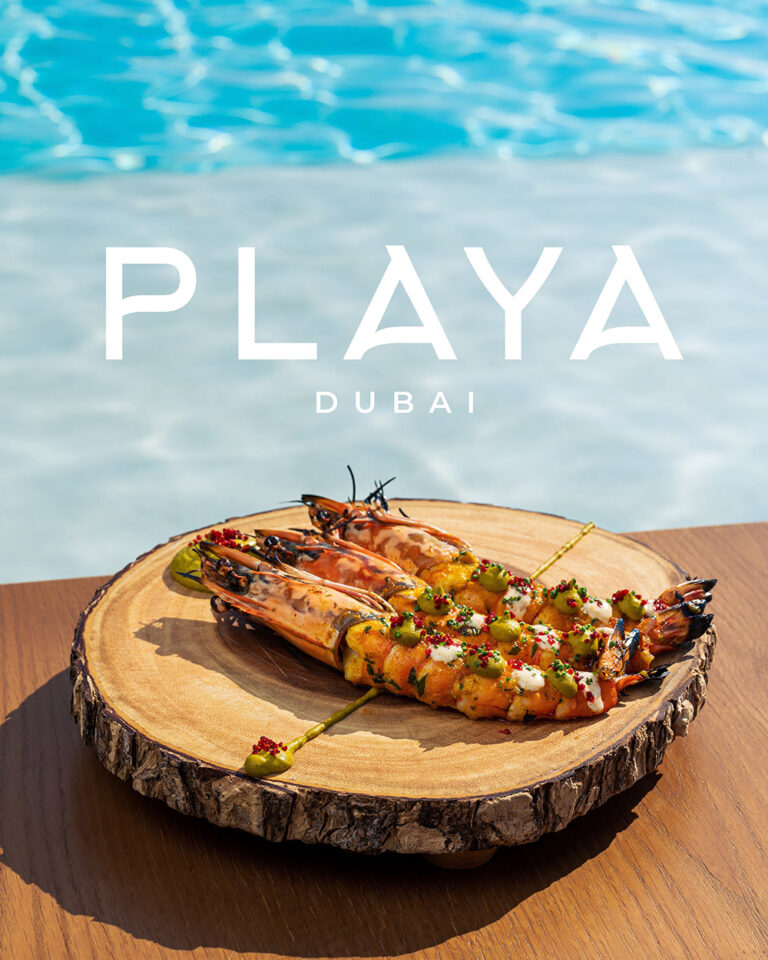
Indulging in Love and Flavor at Playa: A Valentine’s Day Delight

Beyond the Expected: John Migdalas on Today’s Luxury
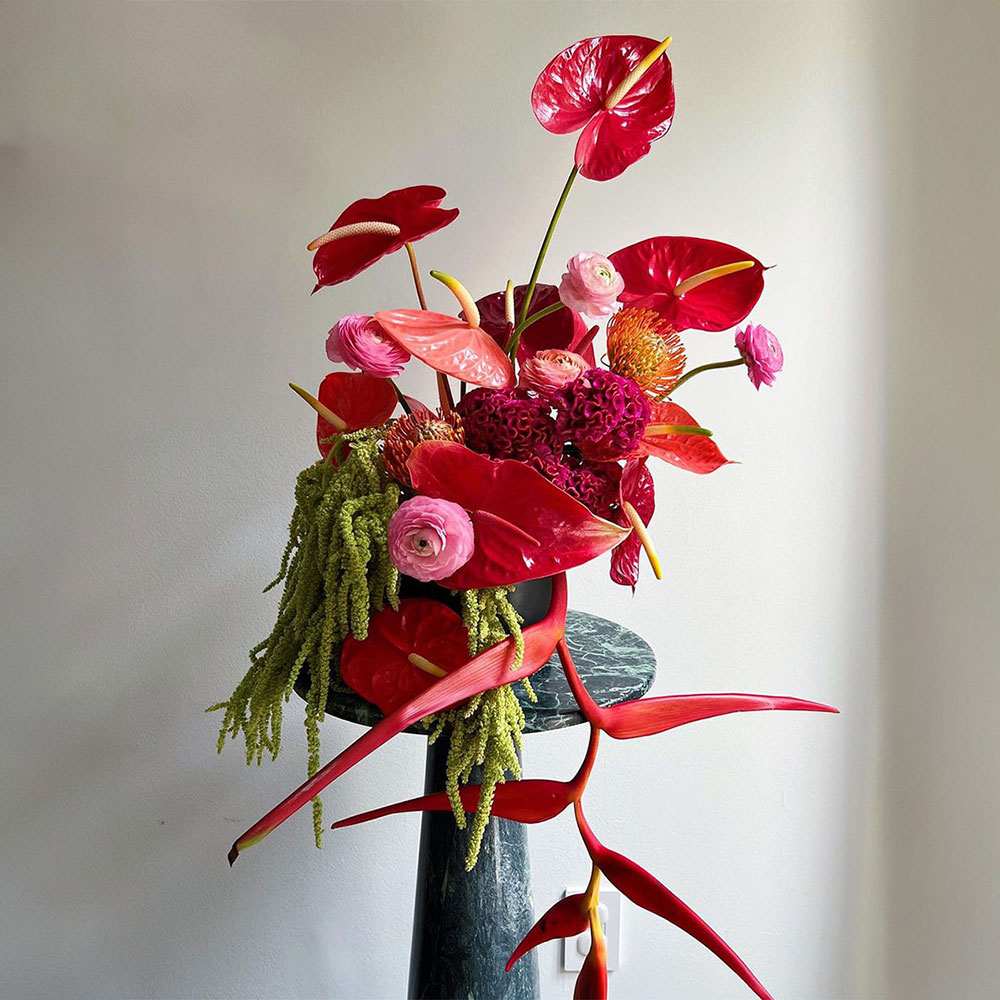
“Flowers are our favorite F word!”
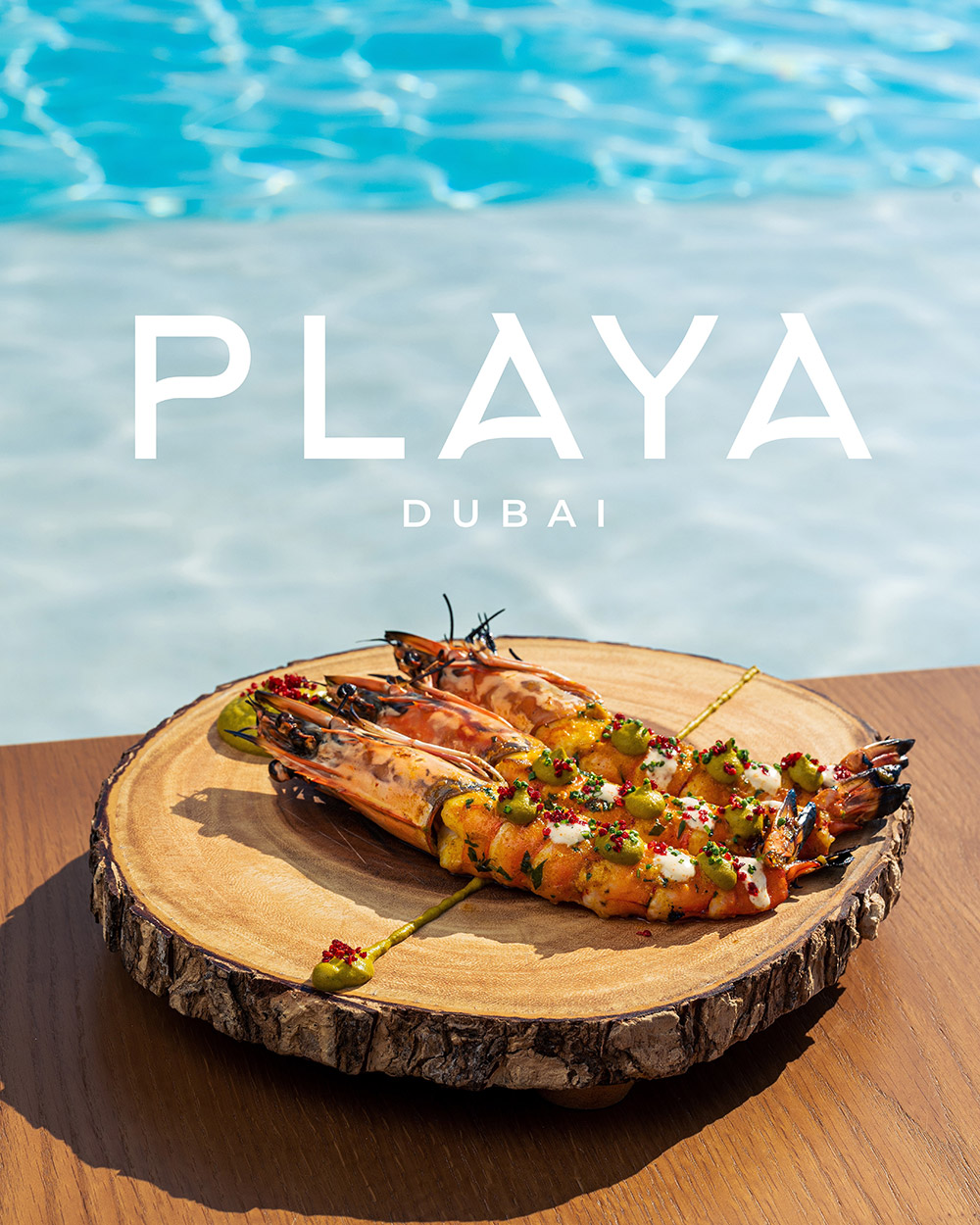
Indulging in Love and Flavor at Playa: A Valentine’s Day Delight







